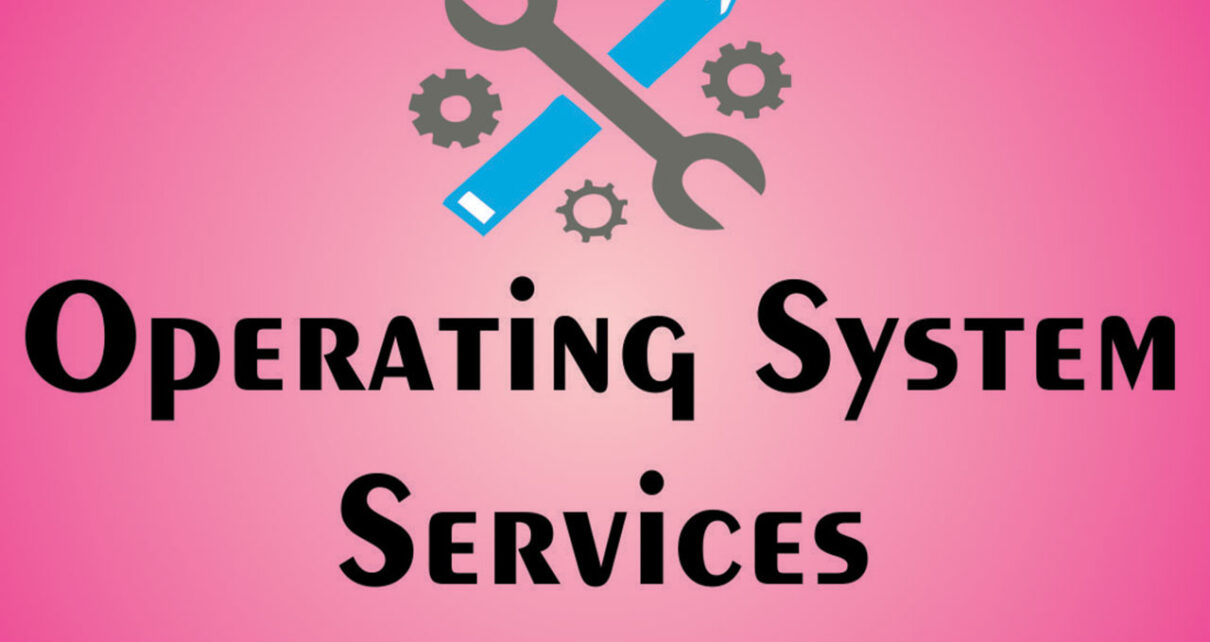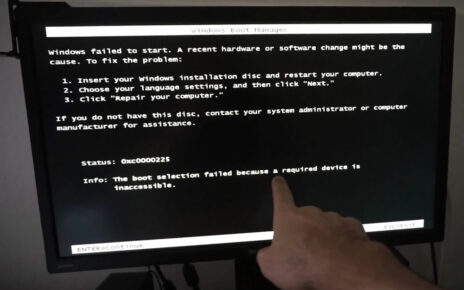Operating system provides an environment where user can executes programs.
Then, operating system provides its services to the users as well as programs.
The services provided by an operating system, are different in different
operating systems. However there are some common services which are provided by
all operating systems. There are basically two types of services which are
provided by an operating system:
- One type is the services which are provided to user to help in performing
their certain operations. - The other type of services are those services which ensures the efficient
operation of the system.
Now first, let’s have a look at some services which are specifically provided
to users:
User Interface:
All the operating system provides an interface which helps users in
performing their certain tasks. Each operating system has its specific
interface. Let’s have a look at some common user interfaces:
Command Line Interface (CLI):
It uses the text commands to help the users performing their certain
operations.
Batch Interface (BI):
In this interface, commands and their directives are entered in a file and
then that file is executed.
Graphical User Interface (GUI):
It is the most commonly used interface. What you are seeing at your computer
screen at this time, is an example of graphical user interface. In this type of
interface text, menus and icons are provided to users which will help them in
certain operations.
Program Execution:
Operating systems load the user programs into the memory and then execute
them. The programs which are being executed, are ended normally or
abnormally.
I/O Operations:
Any program can request for an I/O during its execution. That I/O may be a
file or any I/O device. Usually the users cannot handle the I/O devices
directly, rather operating systems provide the mechanism to do I/O.
File-System Manipulation:
The programs may require to create, delete or access any file or directory.
They may also need to search a specific file or list the file information. Most
of the operating systems provide variety of the file systems, which allow
personal choice or provide specific features.
Communication:
Under certain circumstances, processes needs to communicate with each other.
Communication may take place between two processes on same computer or on
different computers. Communication is provides either through Shared
memory or Message Passing.
Error Detection:
The operating system must also be aware of the errors in the system. For
every error, operating system must use a proper method or mechanism to ensure
the efficient computing. Different operating system has different ways of
interacting with the errors.
So far, we have discussed the services of operating systems which help users.
Now let’s have a look at some other functions which ensures the efficient
operation of system. When a single system has multiple users, system resources
are divide among the various users.
Resource Allocation:
When multiple processes are running concurrently, resources may be allocated
to them. Some resources have special allocation codes (such as CPU and memory)
while other resources are requested and released.
Accounting:
Operating systems also keep track that which user is using which resource of
the system. This record may be used for accounting or maintaining user
statistics. Then, their result is used to improve the system’s performance.
Protection And Security:
It is one the main issues which is handled very intelligently by operating
systems. When several processes are running in parallel fashion, the operating
system has to ensure that one process does not interfere with the operation of
the other process.
Protection:
Protection means that operating system ensures that all the access to
computer resources is controlled.
Security:
Security means that operating system also protects the system from outside
invasions.


